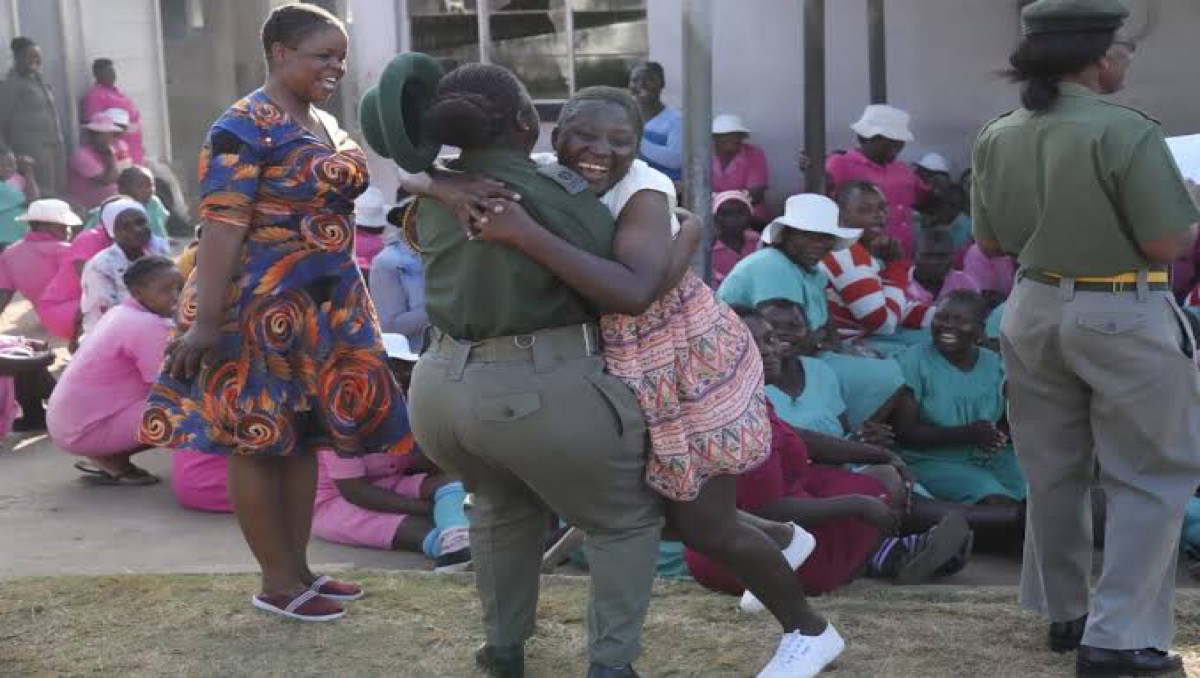Harare, Zimbabwe – In an effort to alleviate congestion and improve conditions in the country’s overcrowded prisons, Zimbabwe has initiated a presidential amnesty, resulting in the release of over 4,000 prisoners.
The amnesty, which began on Thursday, has already seen the freedom of approximately 800 prisoners from Central Prison and Chikurubi Maximum Prison in the capital city.
Zimbabwe Prisons and Correctional Services spokesperson, Meya Khanyezi, stated that the amnesty would significantly contribute to reducing the prison population.

The country’s prisons, designed to accommodate 17,000 inmates, currently house over 20,000 individuals. Previous detainees have raised concerns about the dire conditions, including overcrowding, insufficient food, and inadequate healthcare. Amnesty International has previously described the situation as “deplorable.”
Also, read; Nigerian Entertainers Shine at the 2023 Africa Magic Viewers’ Choice Awards
John Mafararikwa, a beneficiary of the amnesty who had been serving a 17-month sentence for theft, expressed relief. He shared his experiences of overcrowding and poor food quality during his time behind bars.
The release of prisoners was met with joyous celebrations, including song, dance, and prayers. Some elderly individuals relied on crutches, while others proudly donned graduation robes after completing bible studies programs.
The amnesty extends to various groups of prisoners. Non-violent female offenders who have served a third of their sentences will be released, as will terminally ill individuals, irrespective of their crimes. Blind and physically challenged prisoners who cannot be adequately cared for within the prison system will also have their sentences fully remitted.
The amnesty includes prisoners aged 60 and above, juveniles, and individuals who have been on death row for the past decade, with their sentences commuted to life imprisonment.

While Zimbabwe still retains the death penalty, President Emmerson Mnangagwa has expressed his opposition to its use. The amnesty will also benefit prisoners serving life sentences who have already spent 20 years in jail.
However, individuals convicted of violent crimes such as murder, carjacking, human trafficking, and sexual offenses are only eligible for release if they have served at least three-quarters of their sentences. Those imprisoned for crimes like treason, robbery, public violence, and sabotaging electricity infrastructure will not be granted amnesty.
The presidential amnesty demonstrates the government’s commitment to addressing prison overcrowding and improving conditions for inmates in Zimbabwe. By providing relief to thousands of prisoners, the initiative aims to promote a more just and humane penal system in the country.

